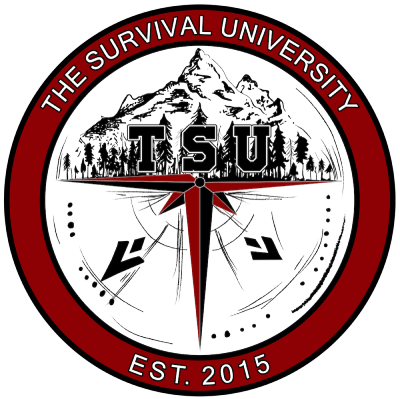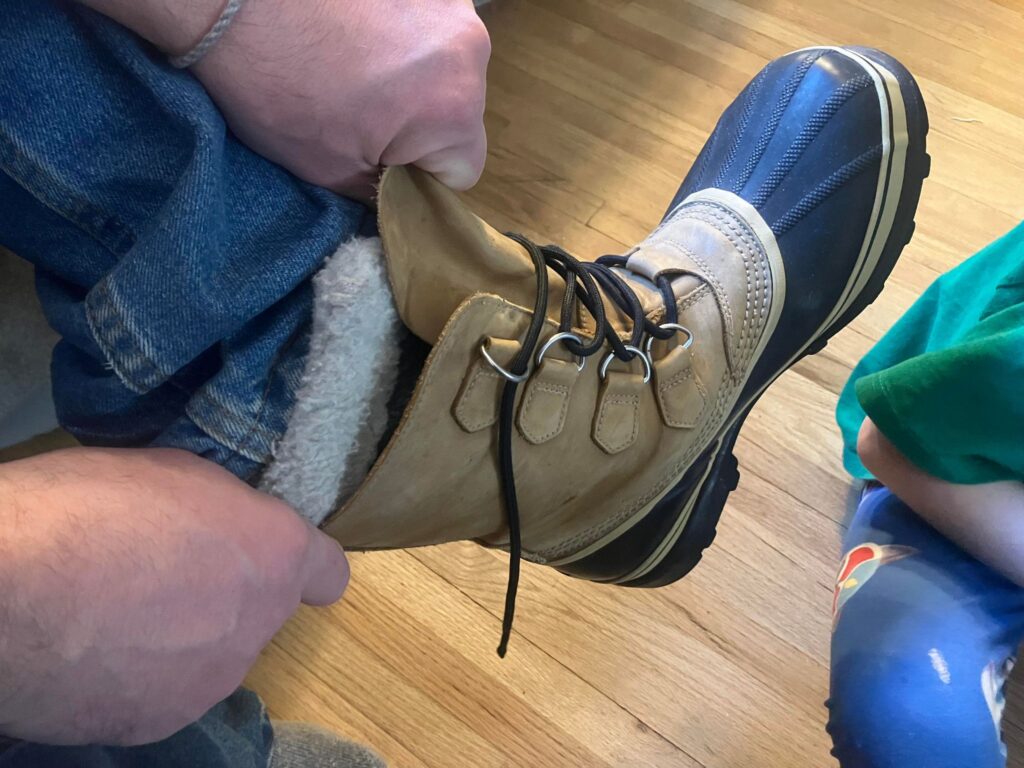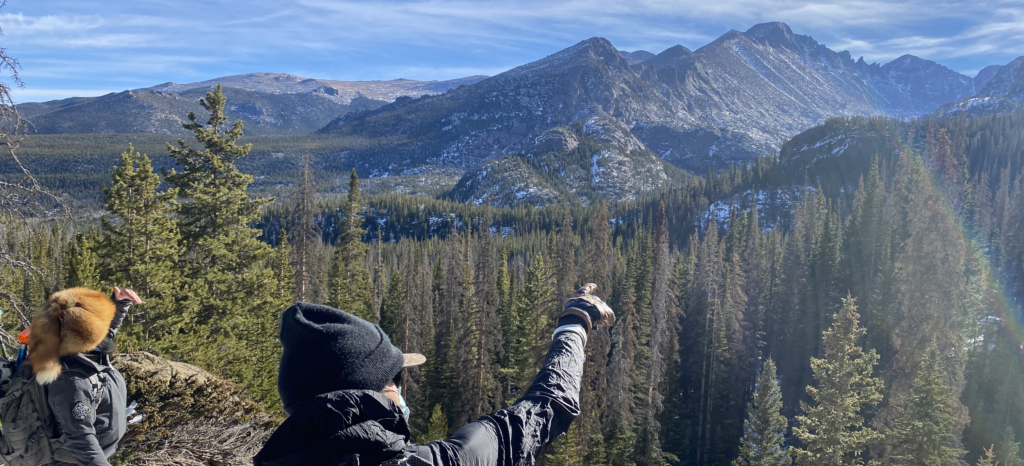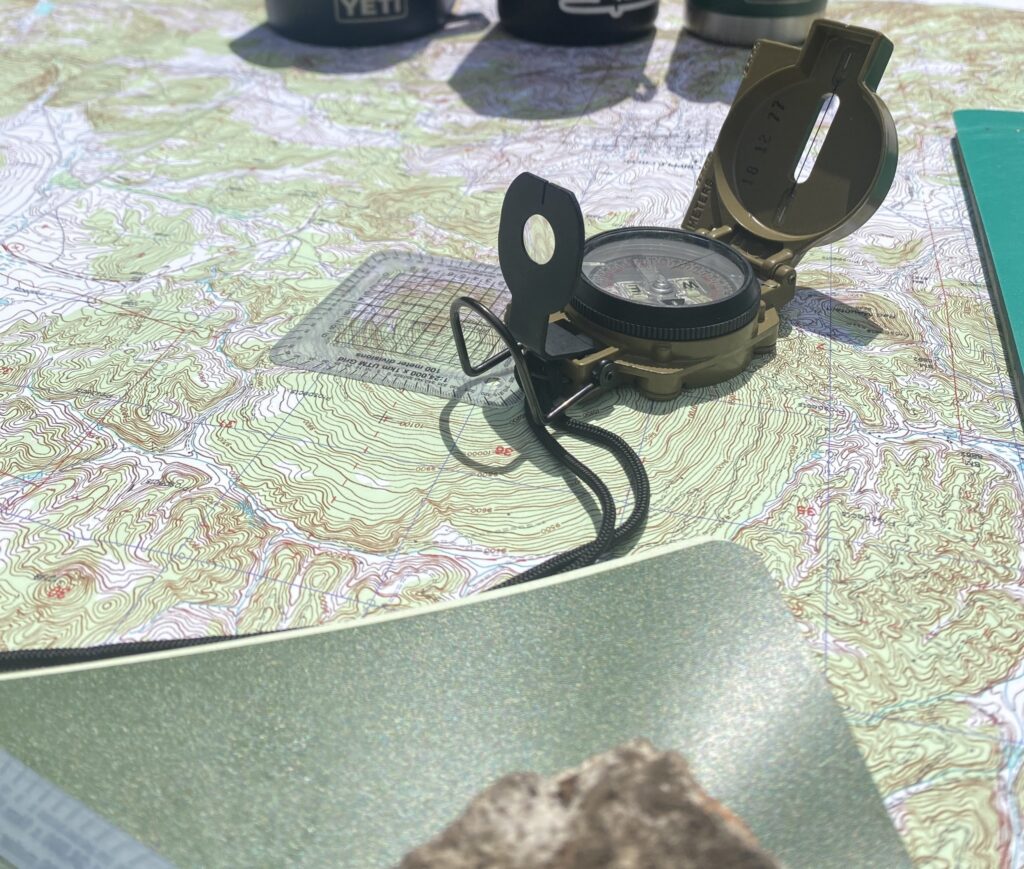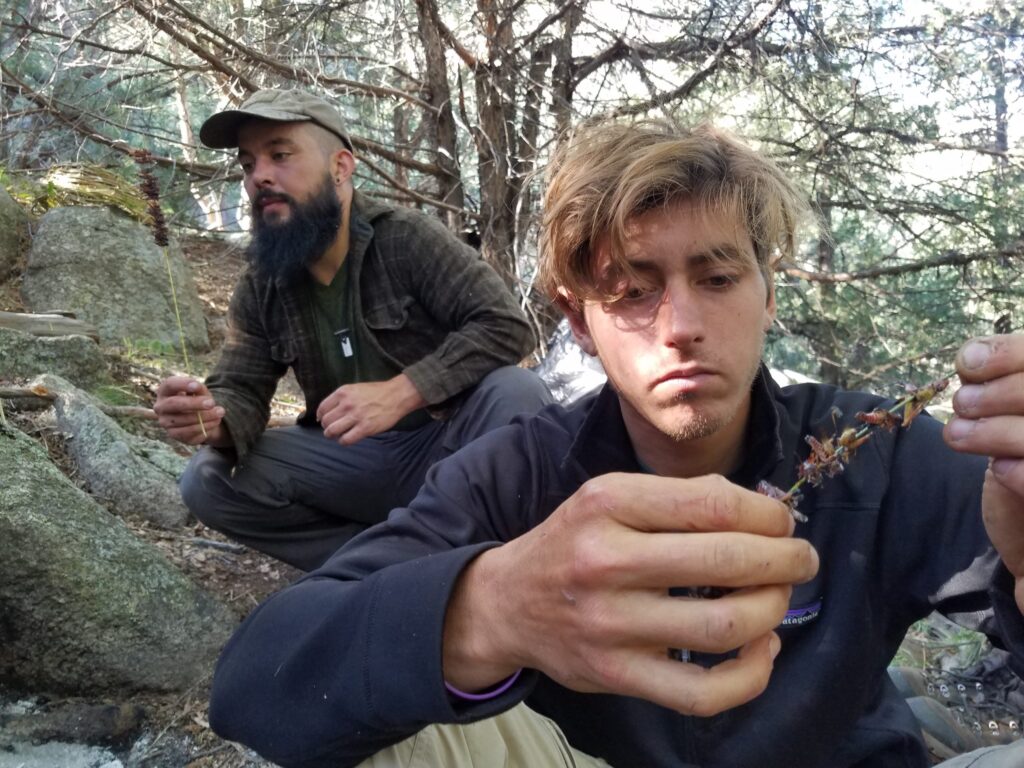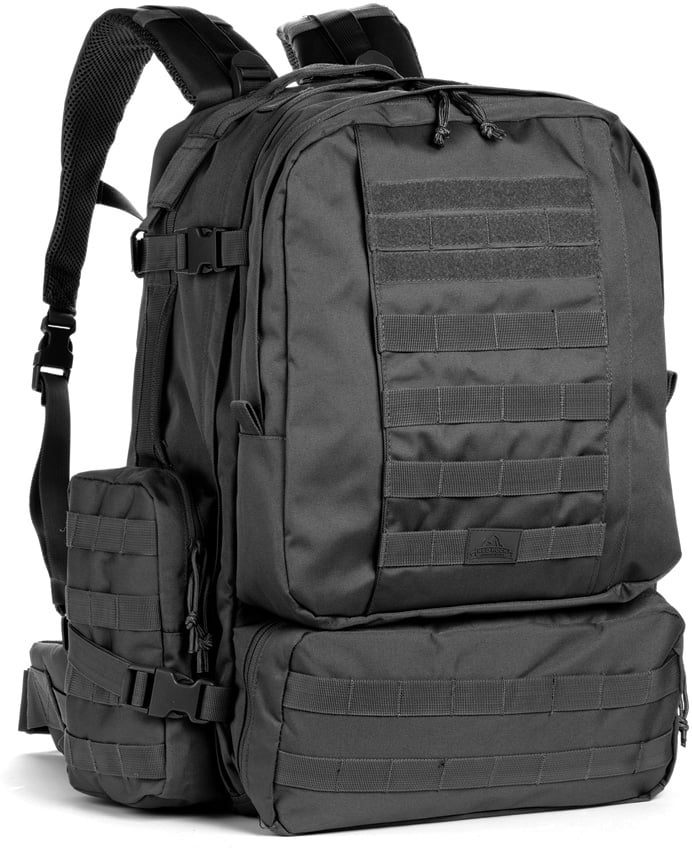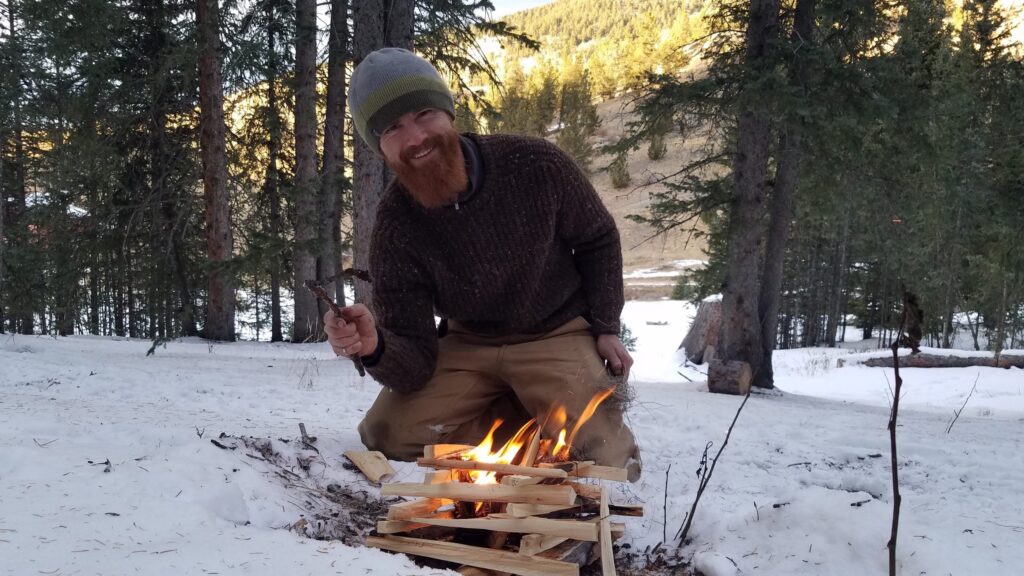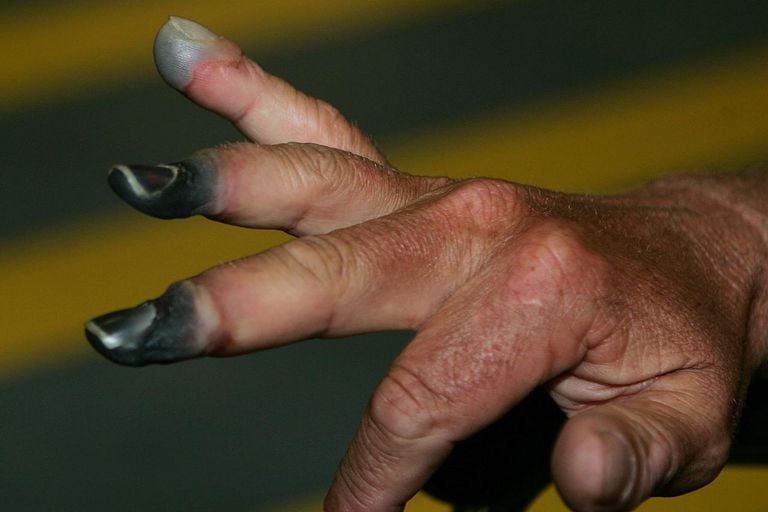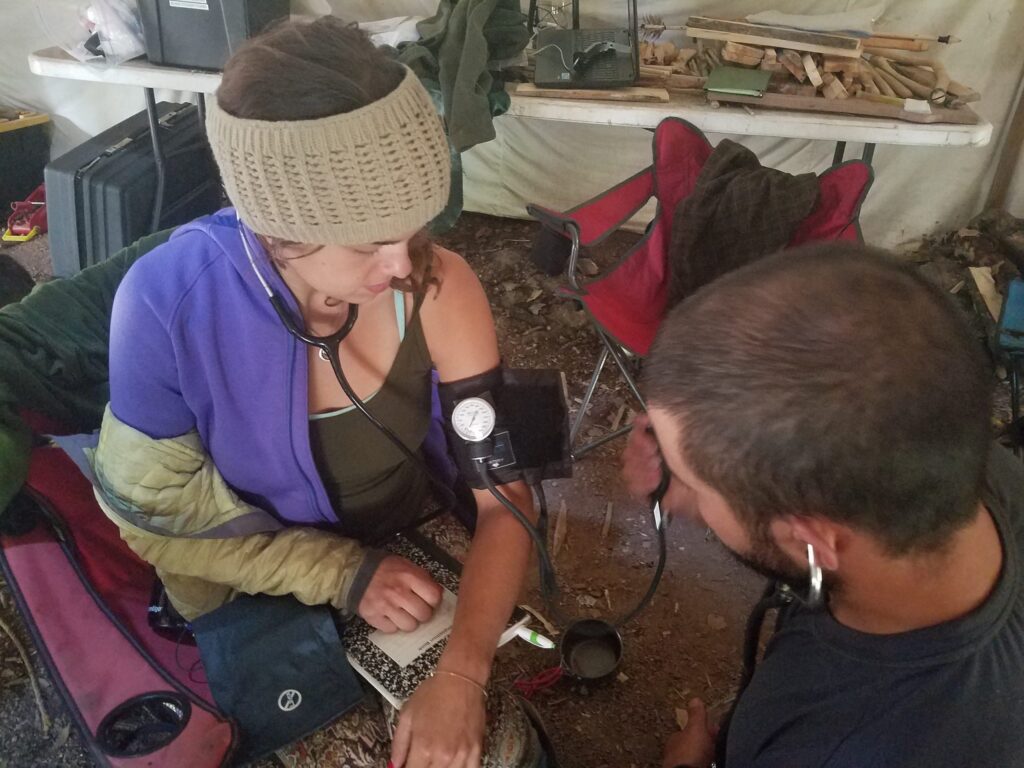Cart
3 min read
What is your preferred classroom setting?

Are you required to have a WFR Certification for your job? Or do you want to learn medical skills for when you are venturing out into the wilderness, just in case something happens to you or your loved ones? Perhaps you saw a stranger go down on a trail and didn’t know what to do and want to learn so that next time you can save a life or at least help them with their pain?
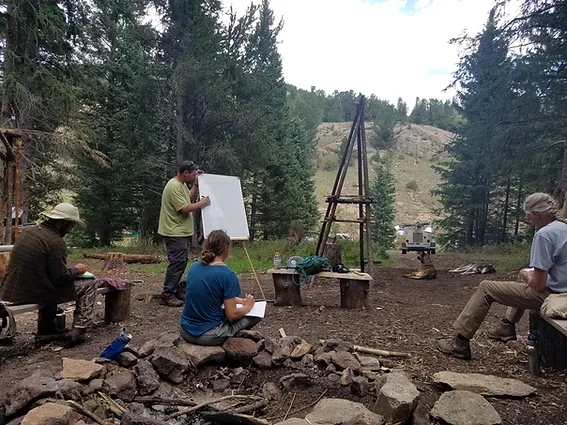
If you have to sit through a mandatory lecture for your WFR Certification, which of these two pictures looks more appealing to you? If stuffy, badly lit, classroom settings are not for you and you prefer to breath in fresh mountain air while you get your learn on, check out our WFA, WFR and CPR certification classes in July 2019. Limited spots available so sign up now before its too late!
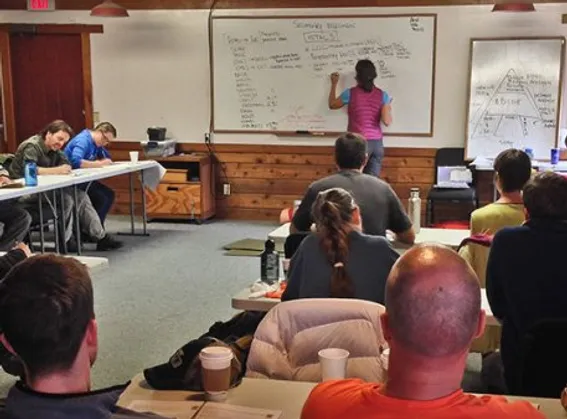
Are you serious about expanding your depth of medical knowledge and improvised medical care? Looking to improve your skills in dealing with medical issues in backcountry environments? Ever consider becoming a Wilderness First Responder (WFR)? Our challenging seven-day WFR program, referred to as the “Gold Standard” in wilderness medical care, is primarily intended for non-medical professionals who are traveling in the backcountry and serving as wilderness guides, outdoor instructors, outdoor educators, Search and Rescue (SAR) team members, ski patrol, medical personnel for adventure races/events, missionaries, expedition medical team members, etc. A WFR is responsible for preventing and identifying medical problems, initiating reasonable and appropriate field management of medical issues, and identifying when and how to safely evacuate patients presenting with potentially life-threatening problems.
Our curriculum includes:
- Human Anatomy and Physiology
- Patient Assessment Skills
- Vital Signs and Homeostasis
- Airway Adjunct Indication and Use
- Indications and Use of Medical Oxygen
- Recognizing and Treating Soft Tissue Injuries
- Bleeding Control and Shock Management Techniques
- Tourniquets and Hemostatic Agents
- Alternative Wound Closure Techniques
- Bone Injuries and Splinting
- Improvised Traction Splints
- Strains and Sprains
- Dislocation Reduction Techniques
- Head and Spinal Injuries
- Abdominal and Thoracic Issues
- Burns and Thermal Injuries
- Bites, Stings and Envenomation
- Altitude Illness
- Drowning, Lightning and Avalanche Concerns
- Heat and Cold Related Issues
- Medical Emergencies in the Backcountry
- Introduction to Rotary Aircraft Ground Operations
- Emergency Carries and Improvised Litters
- Lost Person Mentality and Behavior
- Medical Kit Mentality
- Medical Leadership
- Medical Considerations in Remote Expedition Planning
- Incident Command Options for Wilderness Operations
Day and night practical exercises are a critical learning tool for this material. This program is physical in nature, and a reasonable level of fitness is expected of all participants. The American Safety and Health Institute serves as the certifying agency for our WFR program. Certification is valid for two years. Adult, child and infant CPR and AED use is included as part of this program.
Leave a Comment
Survival Tip – Wool Inserts
A great “in between adventures” project is to make some wool insoles for your boots. You can use scraps from our other projects or swing...
Survival Myths That Could Get You Killed
There are a lot of survival myths or myths about lifesaving techniques that are completely false and potentially life threatening. In a state so filled...
Food Sovereignty
Food is love and an exchange of energy and life force. Food brings people together. Working hard to harvest food for the nourishment of self,...
Survival Psychology and Creating a Survivalist Mindset
Survival is not just about wilderness skills, it is also about a strong mindset. Understand Survival psychology to increase your survival chances.
Bug out bag essentials
I was asked by Peter Betts of The Survival Hacks, to contribute my opinion of the top 3 items to put in a bug out...
What is your preferred classroom setting?
Are you required to have a WFR Certification for your job? Or do you want to learn medical skills for when you are venturing out...
Medic Minute # 3 – Illness at altitude
Illness at altitude Acute Mountain Sickness / High Altitude Pulmonary Edema / High Altitude Cerebral Edema Click HERE to read the article on our web page. Early...
Medic Minute #2 – Cold Injuries
Medic Minute #2 – Cold Injuries (Frostbite, frostnip, immersion foot, hypothermia) People involved in wilderness recreation are susceptible to cold injuries and the ones least...
Medic Minute – Volume 1
Medic Minute… Welcome to the first in Colorado Mountain Man Survival’s Medic Minute Series! My name is Jeffrey and I’ll be the host for these....
- « Previous
- 1
- …
- 7
- 8
- 9
